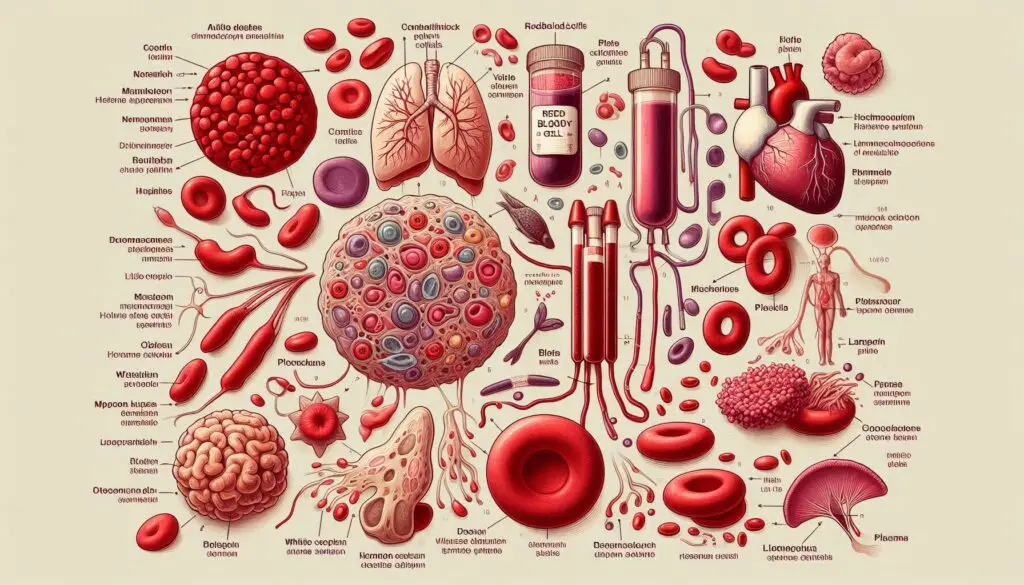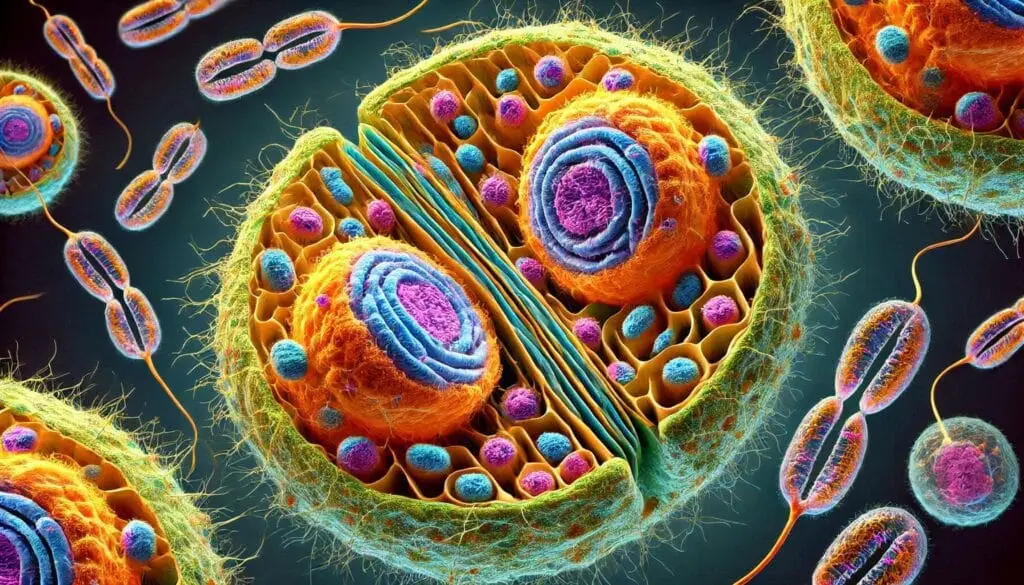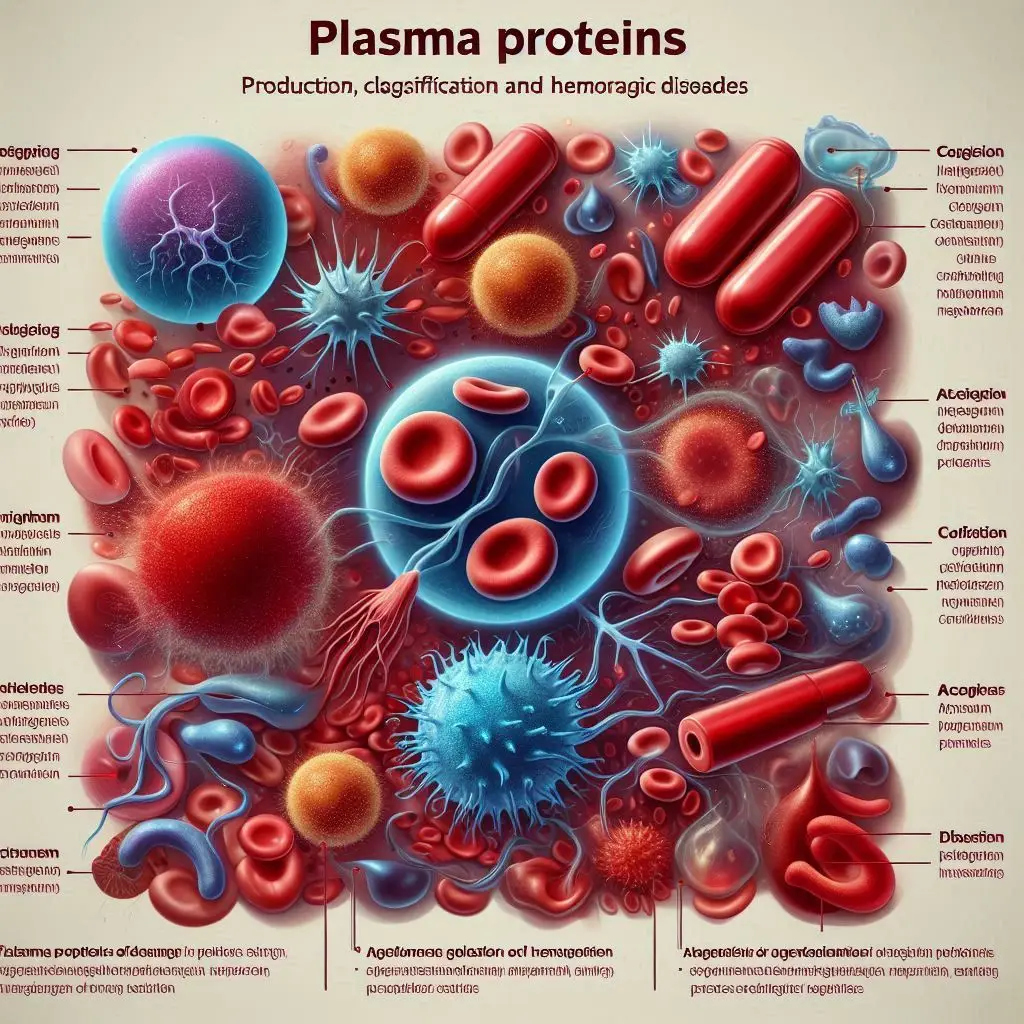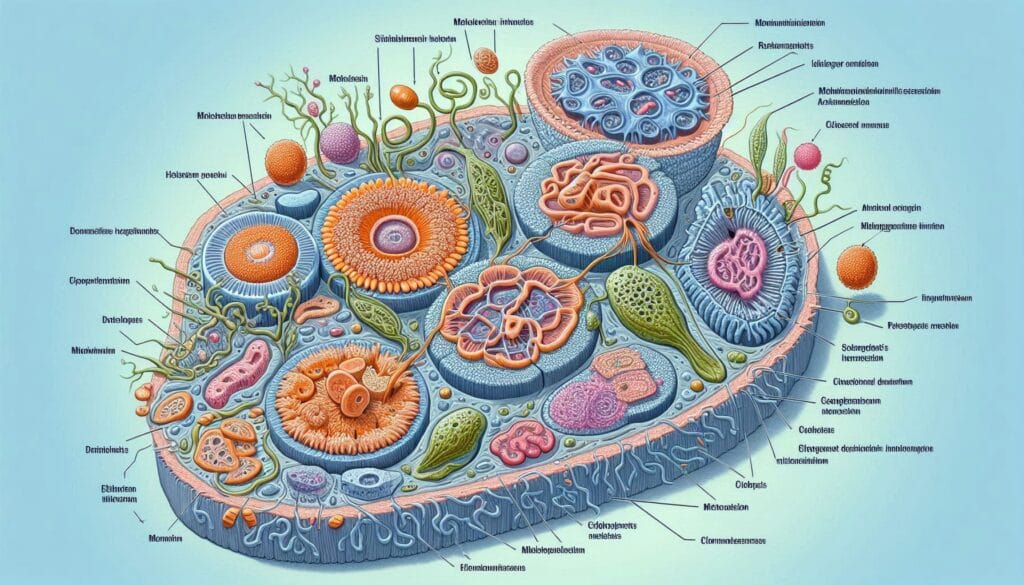Understanding Blood Groups in Farm Animals

Overview of Blood Groups
Blood groups are determined by specific antigens present on the surface of red blood cells (RBCs). These antigens vary between species and can significantly affect transfusion outcomes. Generally, each animal inherits two alleles for each blood group system—one from each parent. This inheritance pattern leads to a variety of possible blood types within a species.
Importance of Blood Typing
Blood typing is vital for several reasons:
- Transfusion Safety: Incorrect transfusions can lead to severe reactions.
- Breeding Decisions: Understanding blood types helps avoid complications like neonatal isoerythrolysis.
- Disease Management: Certain blood types may predispose animals to specific health issues.
Blood Groups in Cattle
Cattle have one of the most complex blood type systems among farm animals. They possess 11 major blood groups, identified as A, B, C, F, J, L, M, R, S, T, and Z. The B group alone has over 60 different factors, leading to an estimated 800 distinct blood types.
Key Points About Cattle Blood Groups
- Complexity: The B system is particularly intricate due to its numerous antigens.
- Crossmatching Required: Due to the variety of factors, crossmatching is essential before transfusions.
- Phenogroups: Many cattle breeds share common phenogroups, but some are unique to specific breeds.
Implications for Veterinary Care
Veterinarians must be aware of these complexities when performing procedures like transfusions. Proper testing ensures that the recipient’s immune system does not react adversely to the donor’s blood.
Blood Groups in Horses
Horses also exhibit a complicated blood type system with eight recognized groups: A, C, D, K, P, Q, U, and T. Each group can have multiple allelic factors—over 30 have been identified.
Key Points About Horse Blood Groups
- Compatibility Testing: Like cattle, horses require compatibility testing before transfusions.
- Risk of Isoerythrolysis: Breeding horses with different blood types can lead to life-threatening conditions in foals.
Veterinary Considerations
Understanding horse blood types is crucial for breeding decisions and emergency care. Crossmatching should always be performed prior to any transfusion.
Blood Groups in Dogs
Dogs possess at least eight major blood groups, known as Dog Erythrocyte Antigens (DEA). The most notable among them are DEA 1.1 and DEA 1.2.
Key Points About Dog Blood Groups
- Universal Donors: Dogs with DEA 1.1-negative are considered universal donors.
- Antigen Presence: Approximately 98% of dogs have DEA 1.4 and DEA 1.6 antigens.
Veterinary Implications
Veterinarians must ensure that dog donors are screened for their antigen presence to prevent severe reactions during transfusions.
Blood Groups in Cats
Cats have a simpler system compared to other farm animals but still require careful consideration. They primarily fall into three categories: A, B, and AB. A recently identified group called mic has also been noted.
Key Points About Cat Blood Groups
- Natural Antibodies: Cats have naturally occurring antibodies against the opposite blood type.
- Type A Dominance: Approximately 90% of cats have type A blood.
Veterinary Considerations
Due to the presence of antibodies against foreign antigens, all cats should undergo blood typing before transfusions or breeding.
Conclusion
Understanding the various blood groups in farm animals is essential for effective veterinary care. Each species presents unique challenges regarding compatibility and safety during transfusions.
For more pearls of Vets Wisdom:
https://wiseias.com/partitioning-of-food-energy-within-animals/





Responses